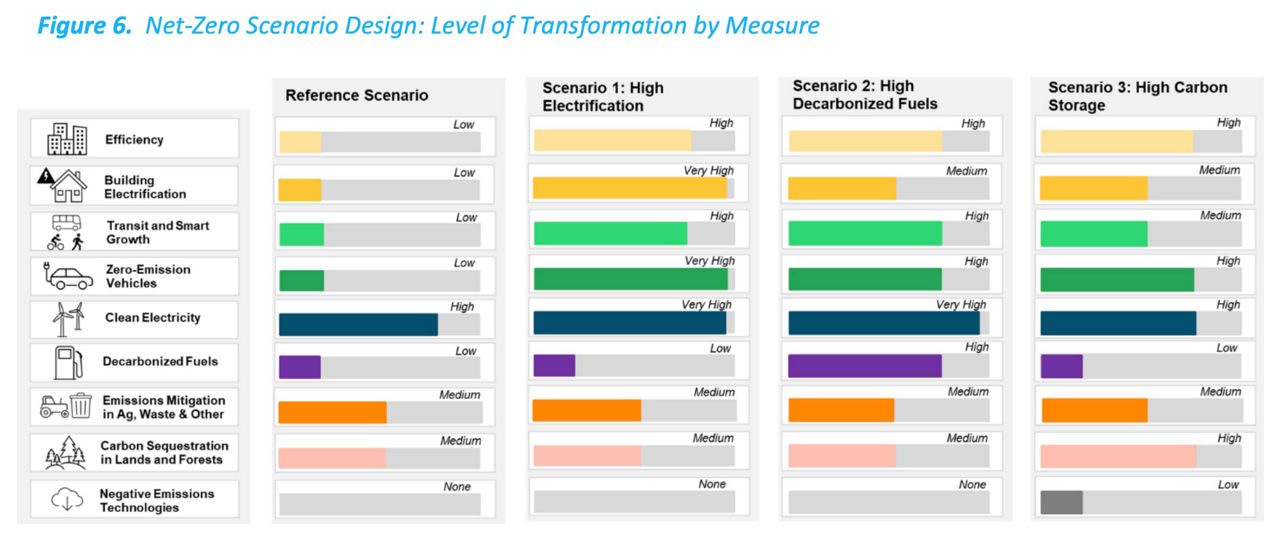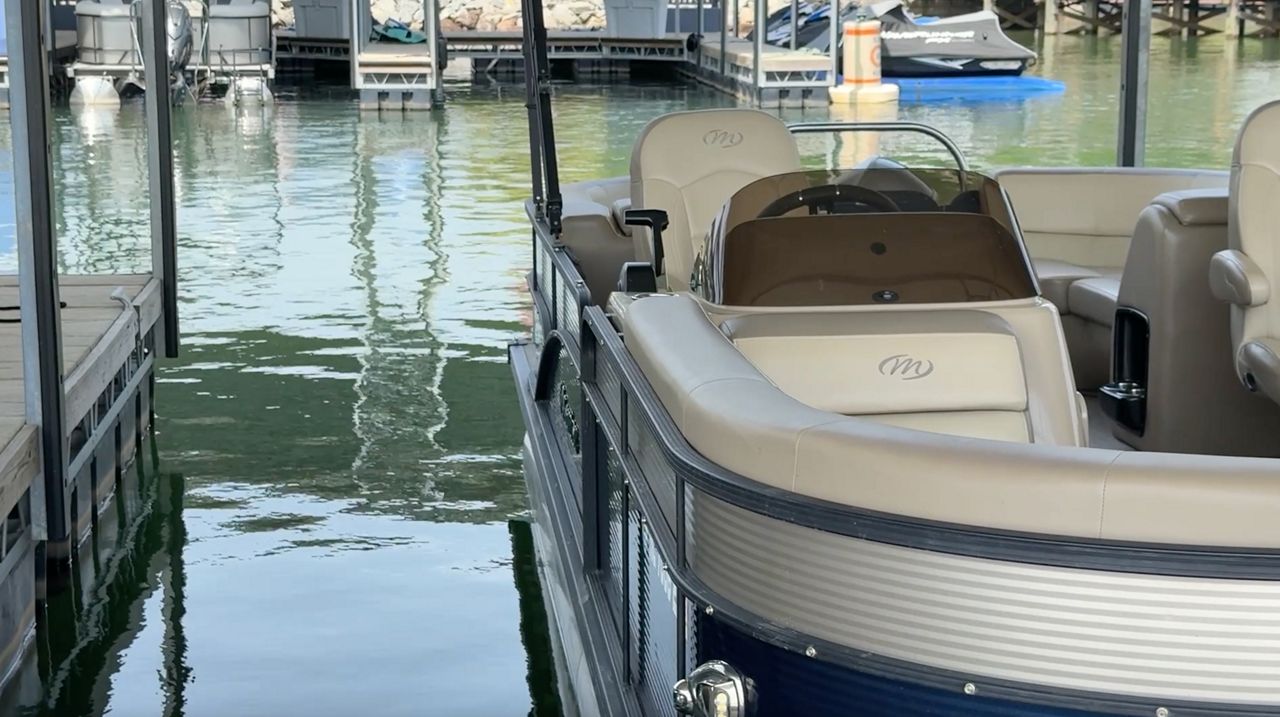RALEIGH, N.C. — Last week Gov. Roy Cooper released the Deep Decarbonization Pathways Analysis for our state. It outlines an action plan to confront the climate crisis and help North Carolina transition to a clean energy economy.
Gov. Roy Cooper released the Deep Decarbonization Pathways Analysis
The plan outlines options to help North Carolina transition to a clean energy economy
The goal is to achieve net zero emissions by 2050
There is still debate between leaders and environmentalists on the best action to take
N.C. State professor Christopher Galik says climate change is one of the biggest issues of our time.
“It’s not just one single solution,” Galick says. “But rather different combinations of different things that can help get us to that end point.”
The analysis offers different solutions for how to reach the state’s clean energy goals and reduce 2005 emissions levels by 50% by 2030 and achieve net zero emissions by 2050.

“I think it's realistic, and I think it's something we have to get to, frankly,” Galik said.
Galik says this analysis is only part of a broader discussion about how we can change things both at home and on a global scale.
"Now, you can sit back and worry about what's coming or you can just get to work,” Galik said. “And that's powerful, right? That sense of optimism of just being able to do something towards that is something that keeps me going.”
At N.C. State, there are many ways Galik and his community are already working on clean energy. Although the solution seems a long way off, Galik says there are small things you can do now that can make a big difference in the future. He recommends weatherizing your home, getting energy efficient appliances and using solar panels and electric vehicles.
“They don't necessarily need to be huge breaks from where we are right now,” Galik said. “In an electric vehicle you're still driving on the same roads that you may have been with a gas vehicle. The chargers are powered here by solar, but they work the same when it comes down to it. So it can be integrated into the lives you already live.”
Cooper says this analysis isn’t the end of the problem, only the beginning of his solution. However, not everyone agrees with his proposal. The governor, environmentalists and Republican lawmakers often disagree about the best way to reach their goal.








)
